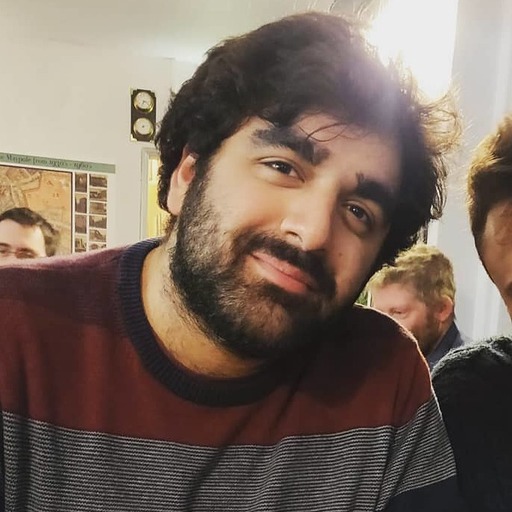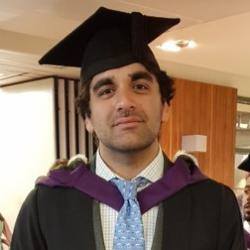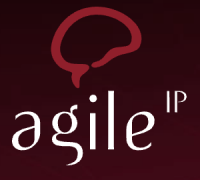SciSoc Spotlight Issue 5 – Georgeos Hardo
21 October 2020. Georgeos Hardo is with the Department of Engineering and the Department of Genetics. He is also involved with the Cambridge University Synthetic Biology Society, especially with their computational projects. A PDF version of this Issue is available here.Research focus: Systems biology
I’m interested in the effects of ageing, toxin anti-toxin (TA) systems and persistence in bacterial systems such as B. subtilis. Ageing is of interest because for a long time we thought that organisms which divide (supposedly) symmetrically, were immortal. We now know that this is not the case. There is evidence to suggest that persistence, (also known as multi-drug tolerance) has some role to play in the ageing process.My research focuses specifically on TA systems and their role in these phenomena. I mainly use a combination of modelling/numerical simulation techniques (stochastic, deterministic, spacial and dynamical), synthetic biology tools (mostly cloning!), and high throughput time-lapse microscopy in microfluidic devices (such as mother machines) to study these systems.

What made you decide to pursue research?
As long as I can remember, I have always wanted to be a scientist. I fell in love with the act of doing science when I started doing undergraduate research. I liked having the freedom to learn whatever I wanted without the pressure of exams. Because my interests still span a broad range of disciplines, I decided to pursue this further in the form of a PhD. I have been really fortunate to end up in a lab which supports and encourages learning across both the applied and theoretical aspects of the research which I am interested in.
What would be your advice to aspiring researchers?
Do not think that you are restricted to a specific scientific domain purely because of your previous undergraduate studies. As someone who came from a chemical engineering background, but was still interested in biological sciences, I was able to find and carve out a niche where I can usefully apply what knowledge I already had while being in an environment allowing me to learn and fill in the gaps required to do the research I’m interested in. One book which I would thoroughly recommend to any aspiring researcher is Letters to a Young Scientist by E. O. Wilson.Trackback from your site.

